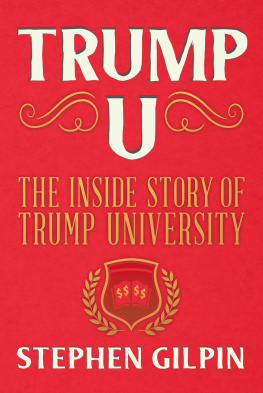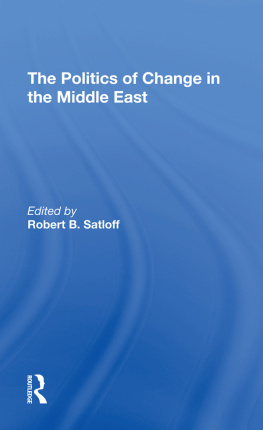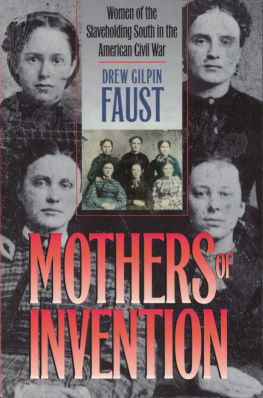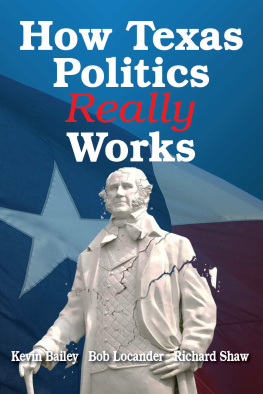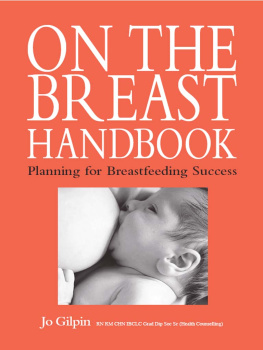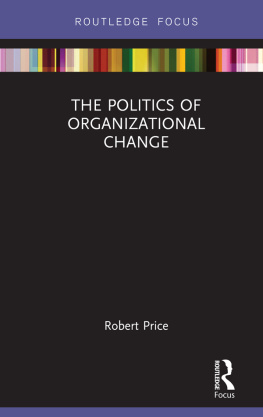Robert Gilpin - War and Change in World Politics
Here you can read online Robert Gilpin - War and Change in World Politics full text of the book (entire story) in english for free. Download pdf and epub, get meaning, cover and reviews about this ebook. publisher: Cambridge University Press, genre: Politics. Description of the work, (preface) as well as reviews are available. Best literature library LitArk.com created for fans of good reading and offers a wide selection of genres:
Romance novel
Science fiction
Adventure
Detective
Science
History
Home and family
Prose
Art
Politics
Computer
Non-fiction
Religion
Business
Children
Humor
Choose a favorite category and find really read worthwhile books. Enjoy immersion in the world of imagination, feel the emotions of the characters or learn something new for yourself, make an fascinating discovery.

- Book:War and Change in World Politics
- Author:
- Publisher:Cambridge University Press
- Genre:
- Rating:3 / 5
- Favourites:Add to favourites
- Your mark:
- 60
- 1
- 2
- 3
- 4
- 5
War and Change in World Politics: summary, description and annotation
We offer to read an annotation, description, summary or preface (depends on what the author of the book "War and Change in World Politics" wrote himself). If you haven't found the necessary information about the book — write in the comments, we will try to find it.
War and Change in World Politics — read online for free the complete book (whole text) full work
Below is the text of the book, divided by pages. System saving the place of the last page read, allows you to conveniently read the book "War and Change in World Politics" online for free, without having to search again every time where you left off. Put a bookmark, and you can go to the page where you finished reading at any time.
Font size:
Interval:
Bookmark:
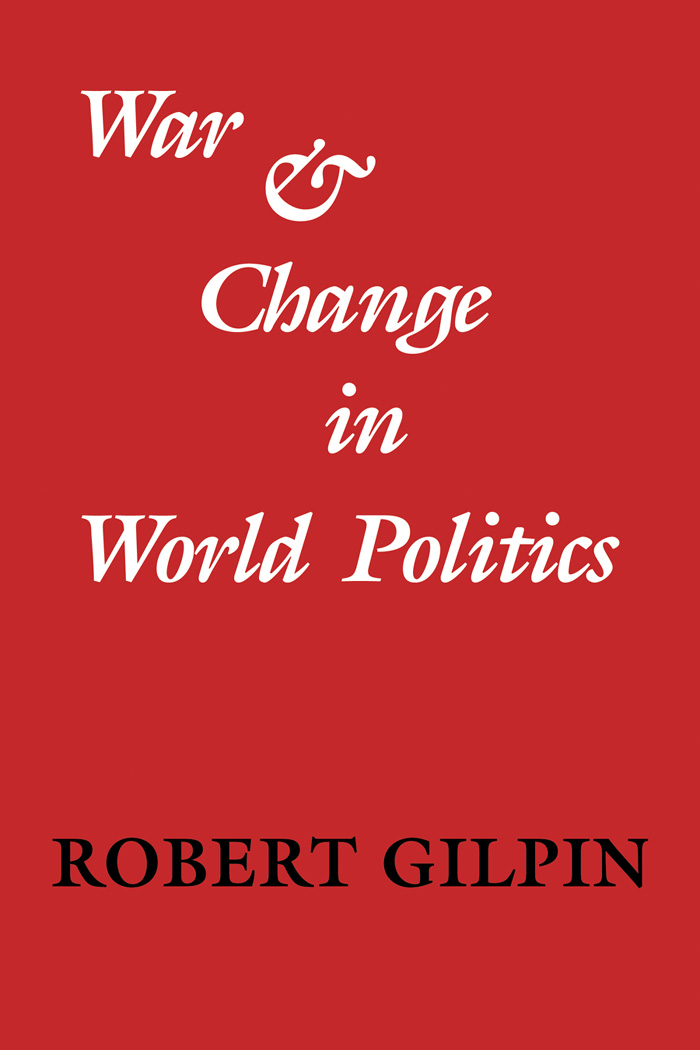
War and Change in World Politics
in World Politics
ROBERT GILPIN
Princeton University

CAMBRIDGE UNIVERSITY PRESS
Cambridge, New York, Melbourne, Madrid, Cape Town, Singapore, So Paulo, Delhi
Cambridge University Press
The Edinburgh Building, Cambridge CB2 8RU, UK
Published in the United States of America by Cambridge University Press, New York
www.cambridge.org
Information on this title: www.cambridge.org/9780521240185
Cambridge University Press 1981
This publication is in copyright. Subject to statutory exception and to the provisions of relevant collective licensing agreements, no reproduction of any part may take place without the written permission of Cambridge University Press.
First published 1981
First paperback edition 1983
Reprinted 1984, 1985 (twice), 1986, 1987 (twice), 1988, 1989, 1990, 1991,
1993, 1994, 1995, 1997, 1998, 1999
A catalogue record for this publication is available from the British Library
ISBN 978-0-521-24018-5 hardback
ISBN 978-0-521-27376-3 paperback
Transferred to digital printing 2009
Cambridge University Press has no responsibility for the persistence or accuracy of URLs for external or third-party Internet websites referred to in this publication, and does not guarantee that any content on such websites is, or will remain, accurate or appropriate. Information regarding prices, travel timetables and other factual information given in this work are correct at the time of first printing but Cambridge University Press does not guarantee the accuracy of such information thereafter.
IN MEMORY OF HAROLD SPROUT
19011980
The great events of history are often due to secular changes in the growth of population and other fundamental economic causes, which, escaping by their gradual character the notice of contemporary observers, are attributed to the follies of statesmen or the fanaticism of atheists.
John Maynard Keynes, The Economic Consequences of the Peace
In his excellent book Sociologists, Economists and Democracy (), Brian Barry identified and analyzed two of the foremost approaches to theorizing in contemporary social science: the sociological and economic modes of theory construction. This study will draw on the insights provided by these two types of social theories in an attempt to understand international political change. Each type of social theory makes its own contribution. However, in this study we shall regard both as suggestive, rather than as methodologies to be applied rigorously. Thus their strengths and weaknesses will be discussed here briefly to familiarize the reader with the intellectual background and underlying methodology of this book.
The fundamental feature of sociological theory is its emphasis on whole societies or whole social systems. Although definitions of social systems vary, they have in common the notion of a set of identifiable elements characterized by explicit or implicit interrelationships. Whether these elements are individuals, groups, social roles, or other factors, sociological theory assumes that individual behavior is explained by the nature of the system and ones place in it. The social system is the primary determinant of behavior, either by socializing the actor with respect to a particular set of norms and values or by exercising constraints on the actor. In brief, the whole is greater than the sum of its parts, and the social system itself must be the focus of theorizing.
In contrast to the holistic approach of sociological theory, economic ). It assumes that individual behavior is determined wholly by rationality; that is, individuals seek to maximize, or at least to satisfy, certain values or interests at the lowest possible cost to themselves. In this context, rationality applies only to endeavor, not to outcome; failure to achieve an objective because of ignorance or some other factor does not invalidate the rationalist premise that individuals act on the basis of a cost/benefit or means/ends calculation. Finally, it holds that individuals will seek to acquire their objectives until a market equilibrium is reached; that is, individuals will pursue an objective until the associated costs are equal to the realized benefits. Following these individualistic and rationalistic assumptions, economists attempt to explain human behavior.
The strength of the sociological approach is its focus on the structural and institutional determinants of individual behavior. Individuals make choices and act in a world of rules and norms not entirely of their own making. Moreover, these constraining rules and social structures cannot be reduced wholly to self-interest; in many cases individuals can even be viewed as behaving in ways opposed to their self-interest. Although individuals (acting alone or through groups or states) seek to change rules and structures in accordance with their interests, they can never escape completely the constraints of social structure. Moreover, as Percey S. Cohen has stressed (, p. 126), although individuals and groups attempt to promote their interests, their actions invariably lead to unanticipated consequences. Both self-interest and social structure are determinants of human behavior.
The strength of economic theory is that it embodies a general conception of social and political change that can be useful in understanding international political change. As John Harsanyi has argued, the problem of social change must be ultimately explained in terms of personal incentives for some people to change their behavior (technological, economic, and other changes affect the power and interests of individuals (organized in coalitions and states) and thereby influence them to modify their behavior and institutions.
Underlying this economic view of social or political change is the assumption that the purposes and natures of social institutions are determined principally by the self-interest and relative power of individual members. In the words of James Buchanan, political structure is conceived as something that emerges from the choice processes of individual participants (, p. 26). Individuals, groups, and other actors use their powers to create social and political institutions that they believe will advance their interests. Thus the objectives of a social or political institution primarily reflect the interests of its more powerful members. When these interests or the relative powers of individuals (or of groups and states) change, there will be attempts to change the nature of the institution and its objectives in order to reflect significant changes in interest and power.
A second advantage of the theory of rational choice is that it can draw on a large and well-tested body of economic theory. In fact, economics provides a highly developed theory of social behavior, and for this reason economic theory has been applied to an ever-increasing range of social and political phenomena. In some cases the application of economic theory to conventionally conceived noneconomic behavior such as suicide or the choice of a marriage partner has bordered on the ridiculous. Yet, if used with discretion, the so-called laws of microeconomics (demand, marginal utility, and diminishing returns), as well as those from public finance and other subcategories of economics, can help explain political behavior.
Font size:
Interval:
Bookmark:
Similar books «War and Change in World Politics»
Look at similar books to War and Change in World Politics. We have selected literature similar in name and meaning in the hope of providing readers with more options to find new, interesting, not yet read works.
Discussion, reviews of the book War and Change in World Politics and just readers' own opinions. Leave your comments, write what you think about the work, its meaning or the main characters. Specify what exactly you liked and what you didn't like, and why you think so.

